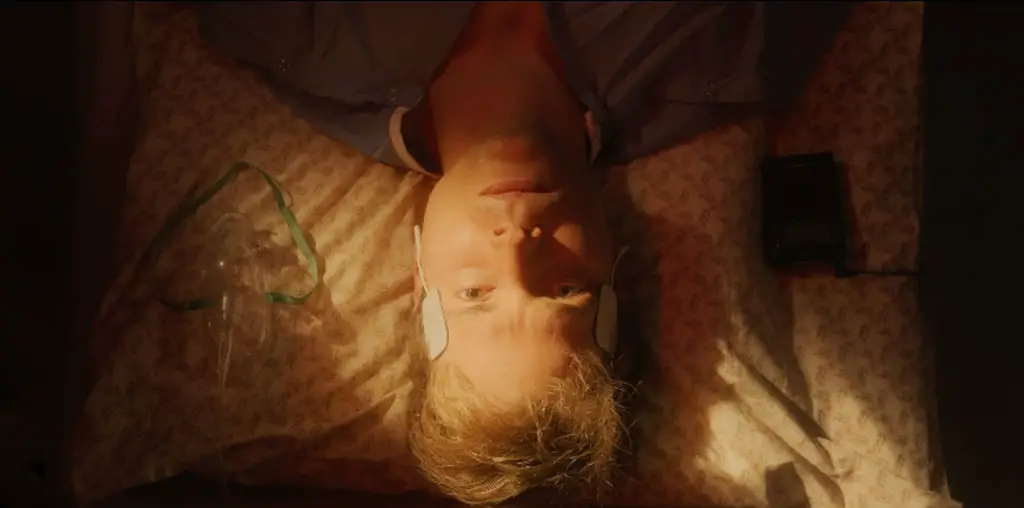
Greensboro, North Carolina, 1979. A group of white and black textile workers attend a rally dubbed “Death to the Klan”. The people have brought their children and are singing songs. The mood is bright and jubilant.
The arrival of several cars carrying well armed Klansman and Nazi’s bring the celebration to an abrupt end. It is unclear who opens fire first, and the gunfire lasts only eighty-eight seconds, but the results are the same: five dead protesters.
One of the organizers of the protest is Willena Cannon, a politically active black woman who has brought her ten-year-old son Kwame to the rally. We see him in footage from that day, a happy child with a beautiful smile, running in terror from the roar of the guns. Fourteen KKK and Nazi members were charged, tried…and acquitted.
Greensboro, 1986. Kwame, who has grown into a troubled youth, is arrested for burglarizing several homes in the area. His lawyer, a confessed alcoholic who has since been disbarred, worked out a plea bargain with the district attorney that Kwame was urged to sign. Willena was not present. The plea bargain turned out to be for two consecutive life sentences.
Documentarian Coon has exposed a great injustice in “Greensboro’s Child”. Kwame Cannon, the son of a well-known and well-hated civil rights activist in the South, is currently serving a sentence more appropriate to a mass murderer. There are a great many people, including activist Johnson and civil lawyer Pitts, who believe that Cannon is a pawn in a decade old battle between the Greensboro police, who are shown in old footage clearly on the side of the Klan, and the Civil Rights Movement.
The interviews here are thought provoking and disturbing; former mayor Melvin, who had control over the police force back in ‘79 and seems to know more than he is letting on; Pitts, a civil rights lawyer who helped Coon put the whole history together; the agitated but still strong Willena Cannon; the passionate Nelson, who is beaten and handcuffed after he has the audacity to be outraged at the deaths of his friends; and the unjustly incarcerated Kwame.
Coon spent five years putting their stories together, and he has done an outstanding job. He has spent less than 3,000 dollars making the film, but it doesn’t seem like it. The technical quality is excellent. The music by Matthew Thomasson is unobtrusive and poetic. Coon says in his bio that he is currently delivering pizzas and waiting for his break in the business. On the basis of this film, I’d say his time has come.
